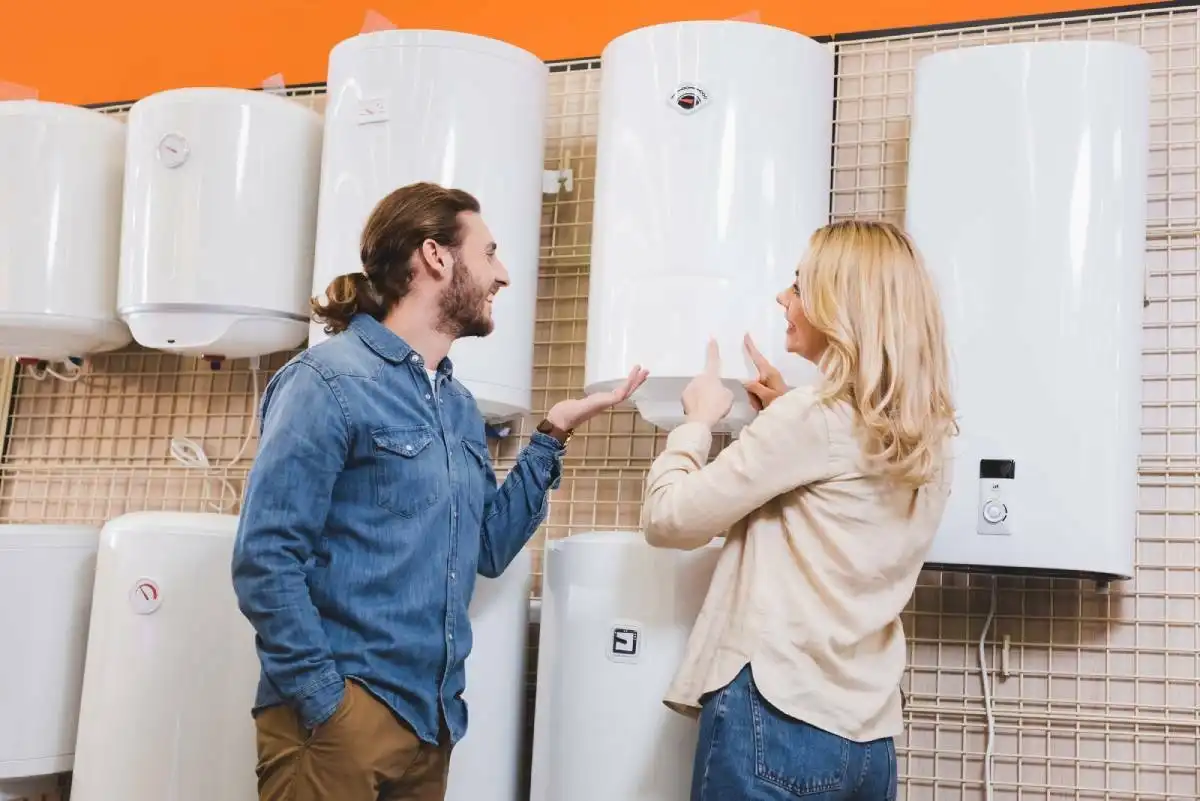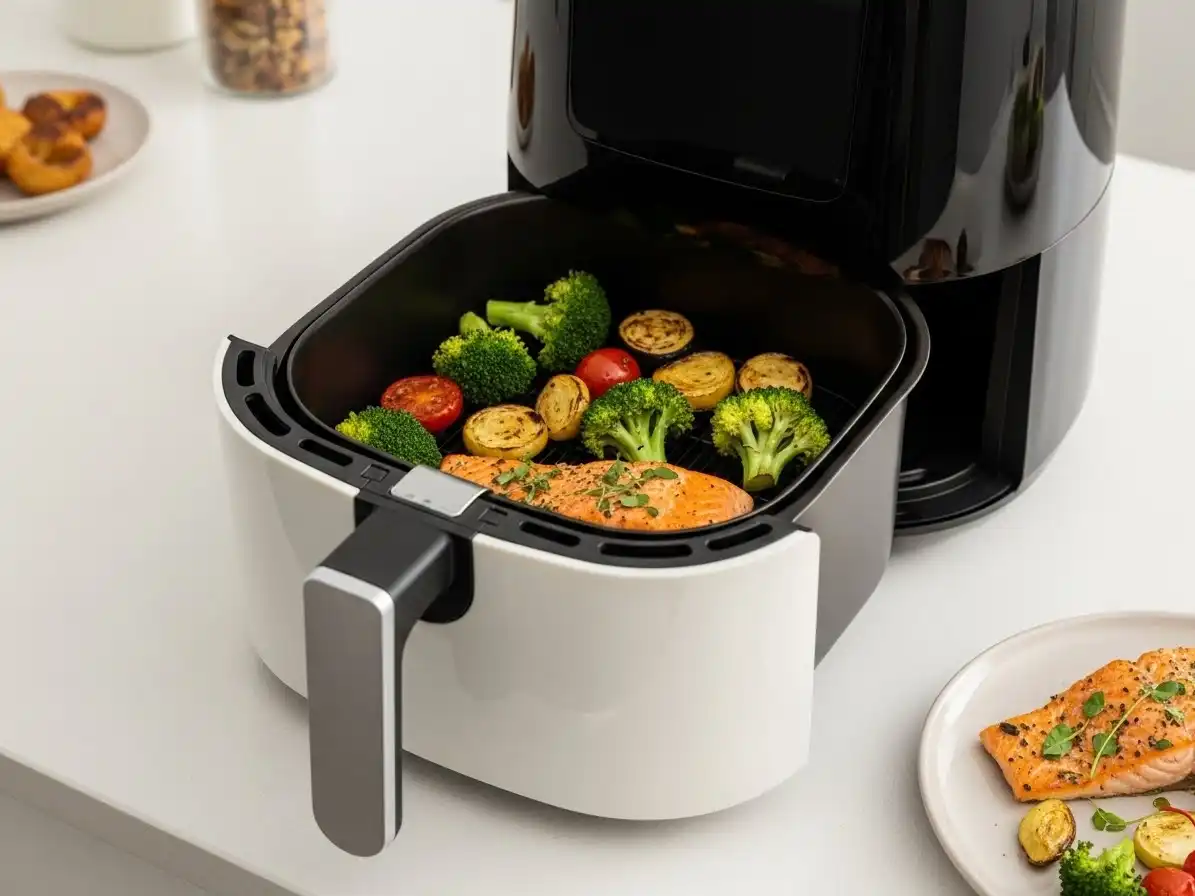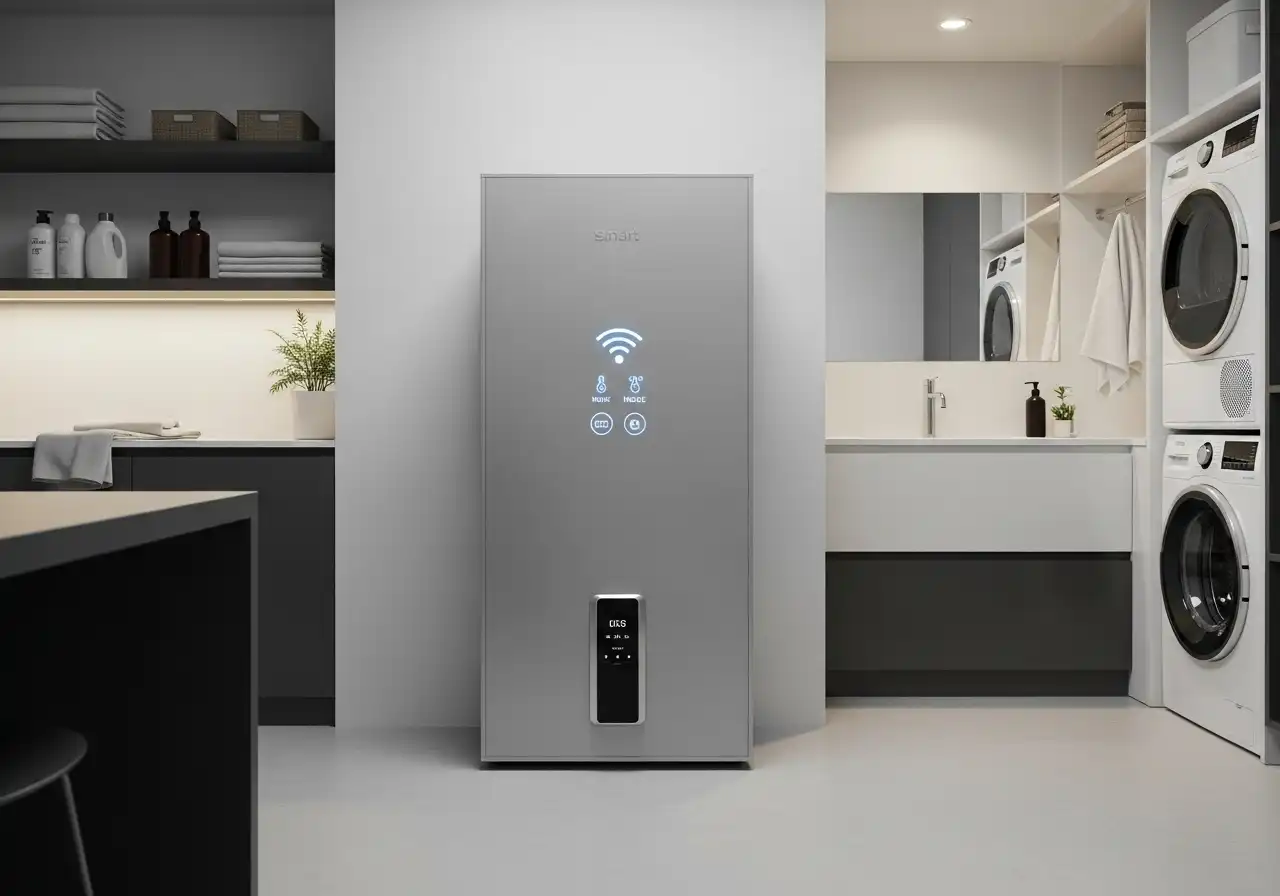Selecting the right water heater for your home can be a daunting task with so many options available. Whether you’re replacing an old unit or installing a new one, choosing the best water heater is crucial for ensuring a steady supply of hot water, reducing energy bills, and ensuring overall comfort. From fuel types to energy efficiency, there are many factors that play into the decision-making process.
In this blog, we’ll explore the top 10 factors to consider when selecting a water heater for your home. By understanding these key considerations, you’ll be better equipped to choose the best option that fits your needs and budget.
1. Type of Water Heater
Why It’s Important:
The first step in selecting a water heater is determining which type is best suited for your home. Different types of water heaters come with unique features, benefits, and drawbacks.
What to Know:
-
Tank Water Heaters: These are the most traditional and common type. They store hot water in a tank, providing a steady supply of hot water. They can be more energy-hungry because they continuously heat the water.
-
Tankless Water Heaters: Also known as on-demand water heaters, they heat water only when needed. This makes them more energy-efficient but can limit the amount of hot water available at once.
-
Heat Pump Water Heaters: These use ambient air or ground heat to warm the water and are more energy-efficient but work best in warmer climates.
-
Solar Water Heaters: Solar heaters use the sun’s energy to heat water, making them eco-friendly, though they require a backup system in case of cloudy weather.
Why It Matters: The type of water heater you choose will impact both installation costs and ongoing energy use. It’s important to choose one that matches your household’s needs and environmental preferences.
2. Size and Capacity
Why It’s Important:
Choosing the right size water heater is essential for ensuring that you have enough hot water to meet your household’s needs without wasting energy. An undersized unit will run out of hot water quickly, while an oversized unit will waste energy heating water unnecessarily.
What to Know:
-
Tank Water Heaters: These are measured in gallons. For a family of four, a 50- to 60-gallon tank is usually sufficient. Larger families may need a 75- to 80-gallon tank.
-
Tankless Water Heaters: These are sized based on the flow rate (gallons per minute). You’ll need to calculate your simultaneous hot water needs (e.g., running multiple showers or appliances) to choose the right size.
Why It Matters: The right size ensures that you have sufficient hot water when needed without wasting energy on heating excess water.
3. Energy Efficiency
Why It’s Important:
Energy efficiency is one of the most important considerations when selecting a water heater. A more energy-efficient model will reduce your energy consumption, lower your utility bills, and have a smaller environmental footprint.
What to Know:
-
Energy Star Rating: Look for a water heater with the Energy Star label, which indicates that it meets high energy-efficiency standards.
-
Tankless and Heat Pump Models: Tankless water heaters and heat pump water heaters are generally more energy-efficient than traditional tank models.
Why It Matters: An energy-efficient water heater reduces your environmental impact and helps you save money in the long run by lowering your energy bills.
4. Fuel Source
Why It’s Important:
The fuel source for your water heater will affect both its initial cost and operational costs. Different fuels have different costs, and it’s important to choose one that is available and cost-effective in your area.
What to Know:
-
Electric Water Heaters: Easy to install but can be more expensive to operate if electricity rates are high.
-
Gas Water Heaters: These are usually more affordable to operate, but they require a gas line and can have higher installation costs.
-
Solar Water Heaters: These use solar energy, which is free, but require an upfront investment and may need a backup system for cloudy days.
-
Propane Water Heaters: An option for homes not connected to natural gas, propane is more expensive than natural gas but still less costly than electricity in some areas.
Why It Matters: The fuel source affects installation costs, operating costs, and environmental impact. Choose the one that aligns with your budget and availability.
5. Installation Costs and Space Requirements
Why It’s Important:
Installation costs can vary significantly depending on the type of water heater, the complexity of the installation, and your home’s existing infrastructure.
What to Know:
-
Tank Water Heaters: Generally less expensive to install but require a significant amount of space to store the tank.
-
Tankless Water Heaters: Often more expensive to install due to the need for proper venting and, in some cases, electrical upgrades. They also take up less space than traditional models.
-
Heat Pump and Solar Water Heaters: These systems typically require more space for installation and may come with higher upfront costs.
Why It Matters: Understanding installation costs and space requirements ensures that you can budget for the total cost of the water heater, including labor and any modifications needed for installation.
6. Lifespan and Maintenance Requirements
Why It’s Important:
The lifespan and maintenance needs of your water heater are important factors to consider for long-term satisfaction. A reliable water heater will last for years, but regular maintenance is essential to ensure its longevity.
What to Know:
-
Tank Water Heaters: These typically last 10-15 years with proper maintenance. Flushing the tank annually to remove sediment buildup can extend its life.
-
Tankless Water Heaters: These tend to last longer, around 20 years or more, but require regular descaling to maintain efficiency, especially in areas with hard water.
-
Heat Pump Water Heaters: They typically last around 10-15 years and require regular maintenance to ensure efficiency.
-
Solar Water Heaters: These can last 20 years or more, but the system requires regular maintenance, including cleaning the panels and checking for leaks.
Why It Matters: Understanding the expected lifespan and maintenance needs of your water heater helps you plan for future repairs and replacements.
7. Water Heater Safety Features
Why It’s Important:
Safety is always a top priority when choosing a water heater, especially with high-temperature systems like tankless models or gas-powered units.
What to Know:
-
Temperature Control: Look for water heaters with built-in temperature regulation to avoid scalding accidents.
-
Overheat Protection: Some models come with automatic shutoff features if the unit overheats or if there’s an issue with the thermostat.
-
Pressure Relief Valve: A safety feature that helps release excess pressure in tank systems to prevent explosions or damage.
Why It Matters: Water heater safety features protect both your home and your family from potential accidents and damage.
8. Noise Levels
Why It’s Important:
Some water heaters, especially tankless models, can produce noise while in operation. If you’re installing the water heater near living spaces, you’ll want to consider noise levels.
What to Know:
-
Tank Water Heaters: Generally quiet, but they can make noise if sediment builds up in the tank.
-
Tankless Water Heaters: These can sometimes make a buzzing or whirring sound when in operation, but noise levels vary by model.
Why It Matters: Choosing a quieter water heater ensures that it won’t disturb your household while operating.
9. Environmental Impact
Why It’s Important:
Many homeowners are looking for ways to reduce their carbon footprint and energy consumption. Choosing an eco-friendly water heater can help you do just that.
What to Know:
-
Solar Water Heaters: These are one of the most environmentally friendly options, using clean energy from the sun.
-
Energy-Efficient Models: Look for water heaters with high energy-efficiency ratings to reduce your carbon footprint.
Why It Matters: An environmentally friendly water heater helps you reduce your impact on the environment while saving money on energy costs.
10. Cost and Warranty
Why It’s Important:
Finally, the cost of the water heater and the warranty it comes with are key factors in making your decision. Consider both the upfront cost and the potential savings over time.
What to Know:
-
Upfront Costs: Tankless and solar water heaters typically have higher upfront costs but offer long-term savings due to their energy efficiency.
-
Warranty: Look for a water heater with a solid warranty, ideally covering at least 5-10 years, to protect against potential malfunctions or defects.
Why It Matters: A good warranty provides peace of mind and helps offset potential repair costs, while a reasonable upfront cost ensures you get a water heater that fits your budget.
Conclusion:
Selecting the right water heater for your home involves considering a variety of factors, including the type of heater, energy efficiency, size, installation costs, and maintenance requirements. By evaluating your home’s hot water needs, understanding the benefits and drawbacks of each option, and considering your budget and long-term savings, you’ll be well-equipped to make an informed decision.
Remember, the best water heater for your home is one that meets your specific needs, saves you money over time, and ensures reliable, efficient hot water whenever you need it.


